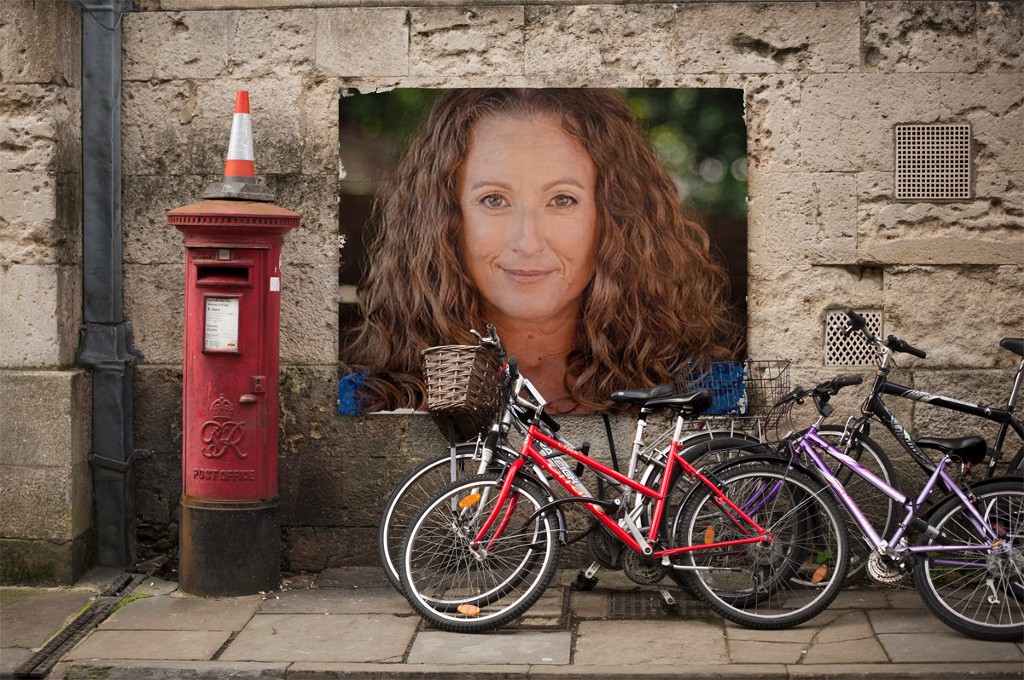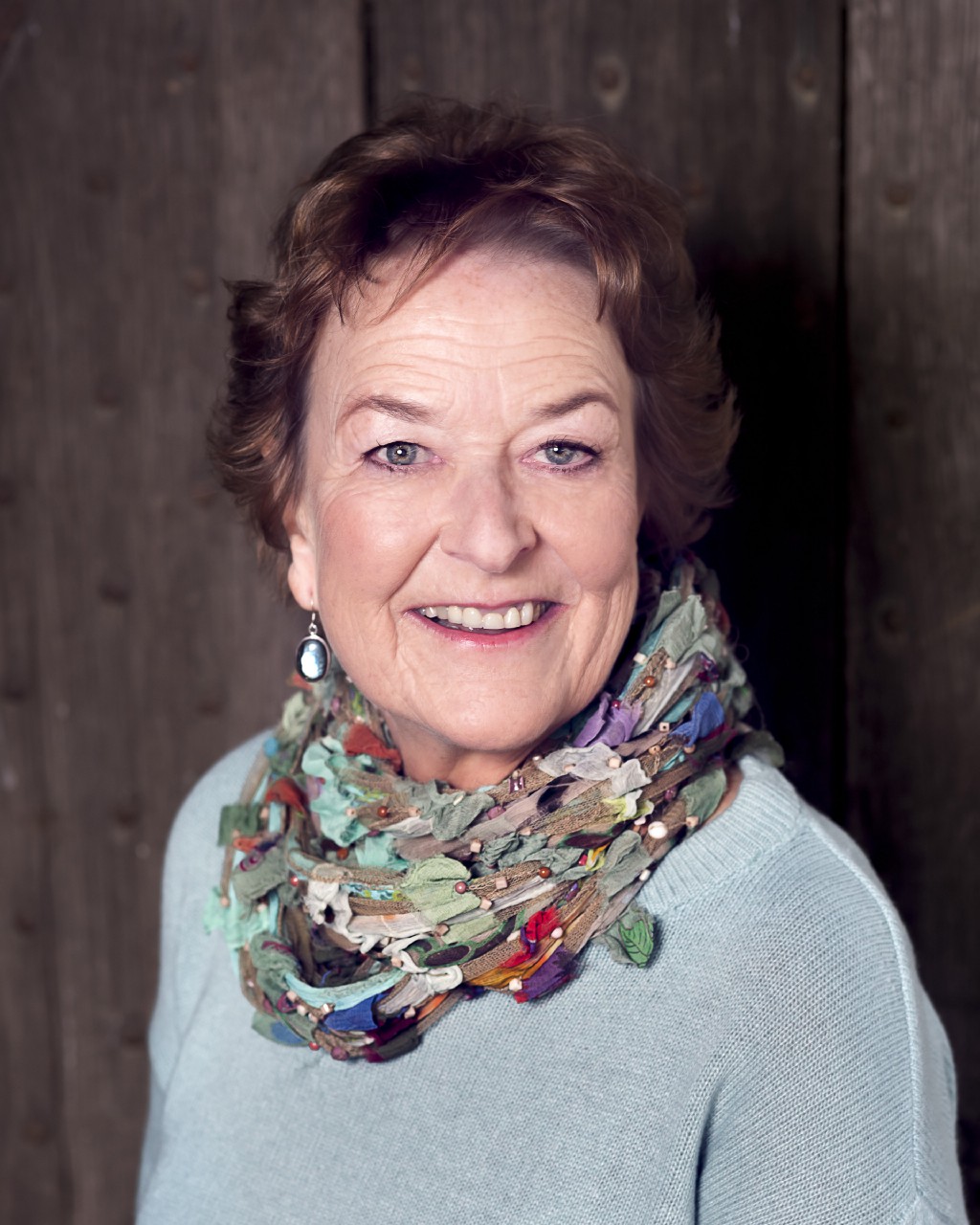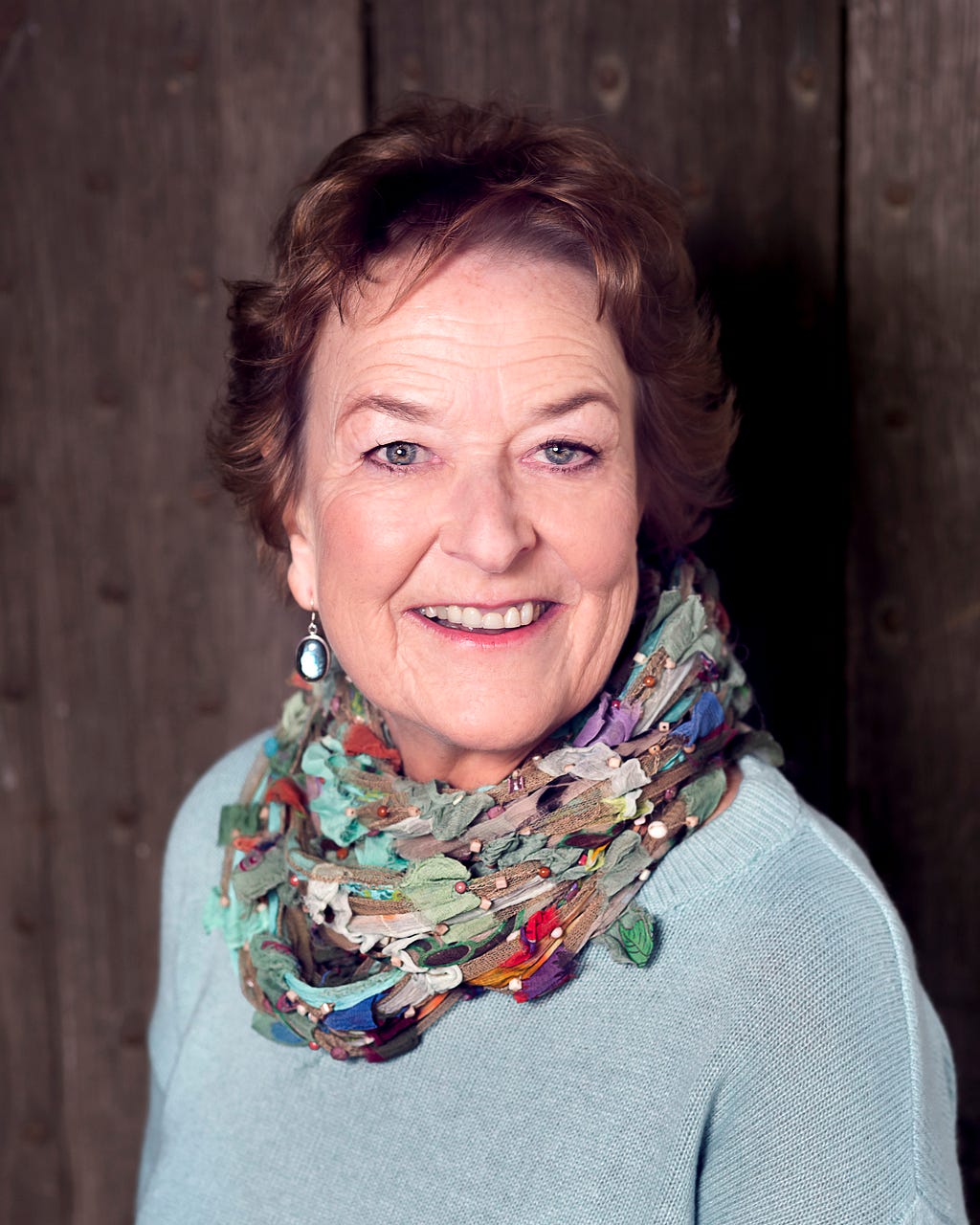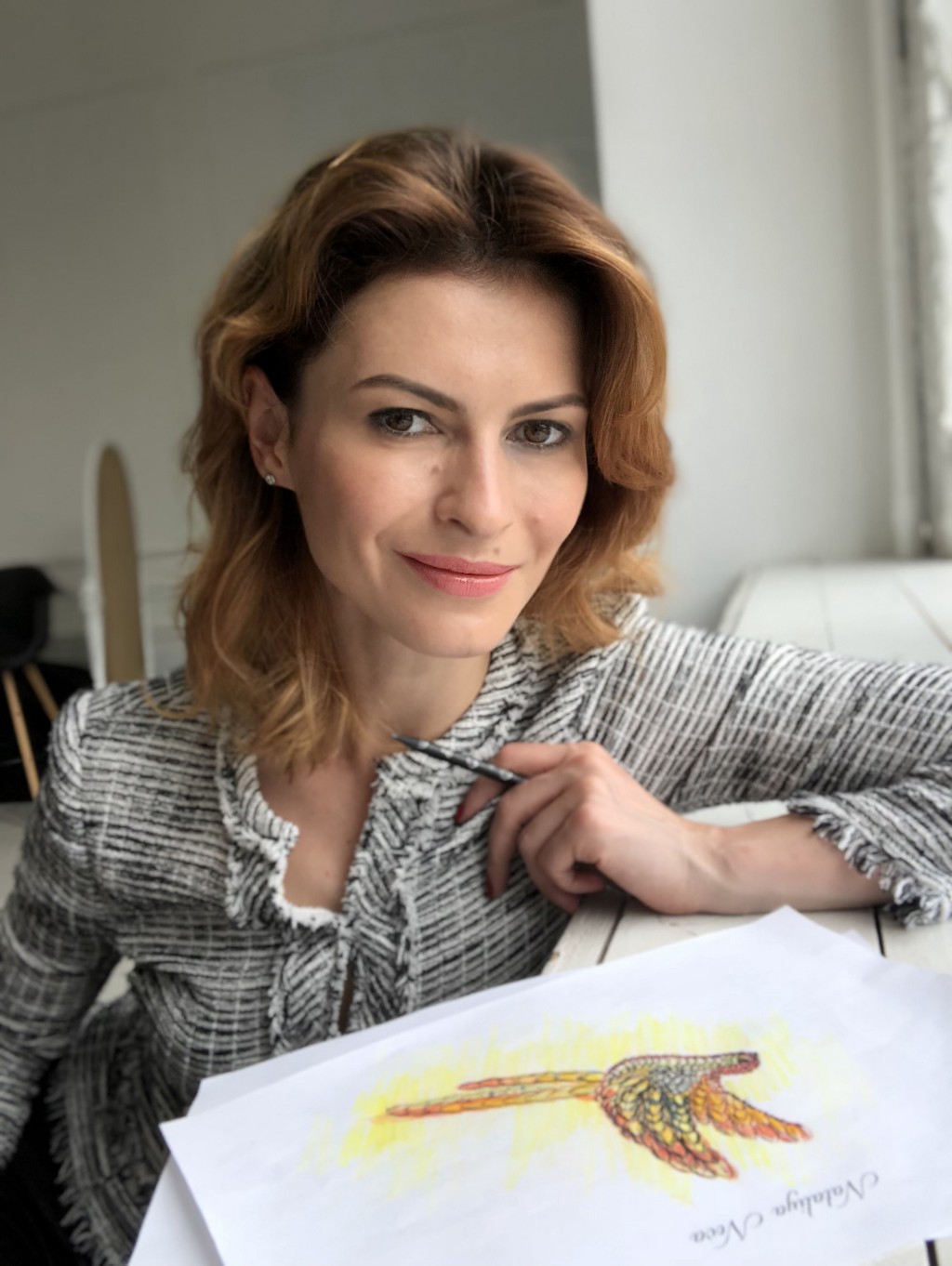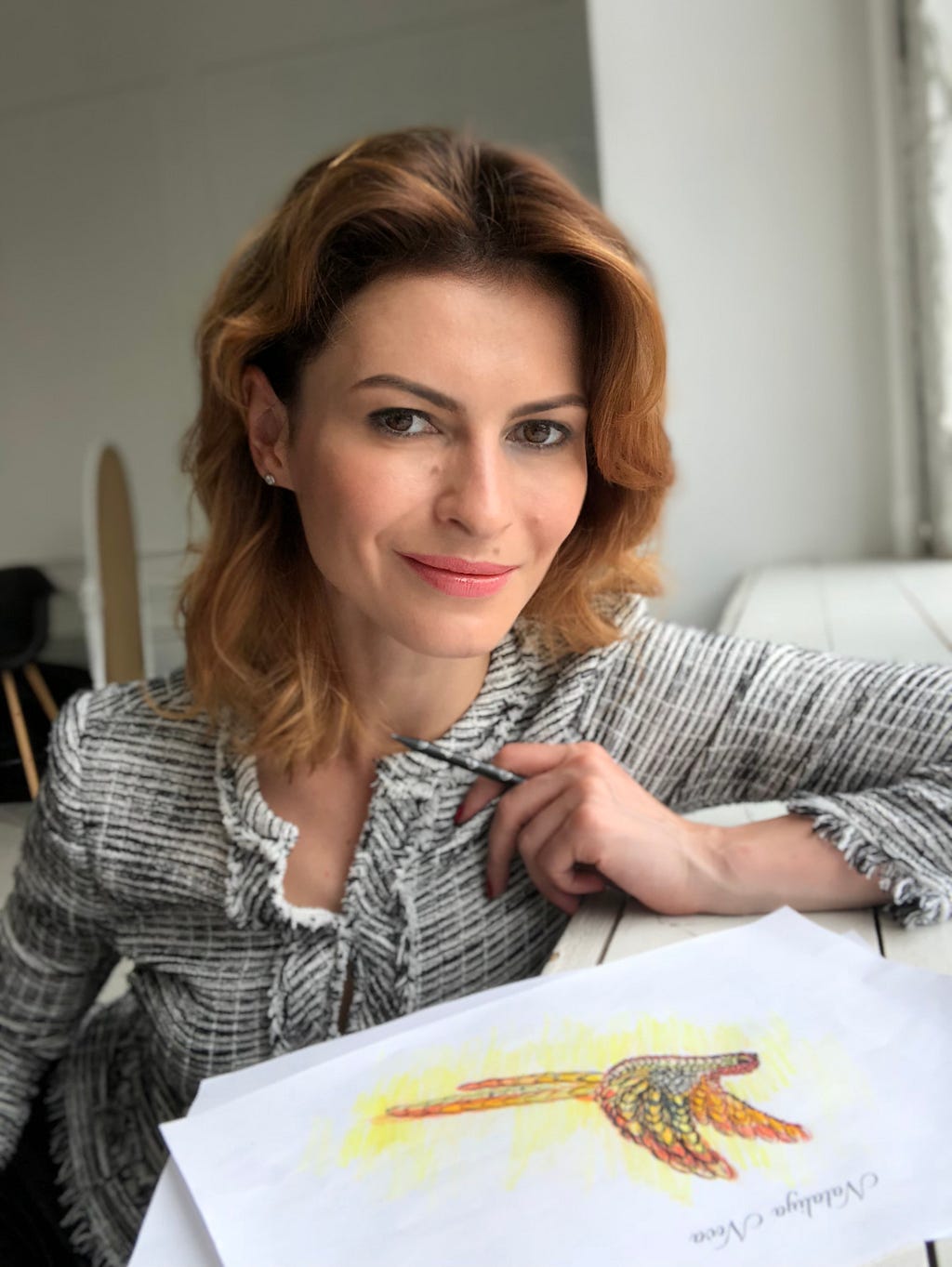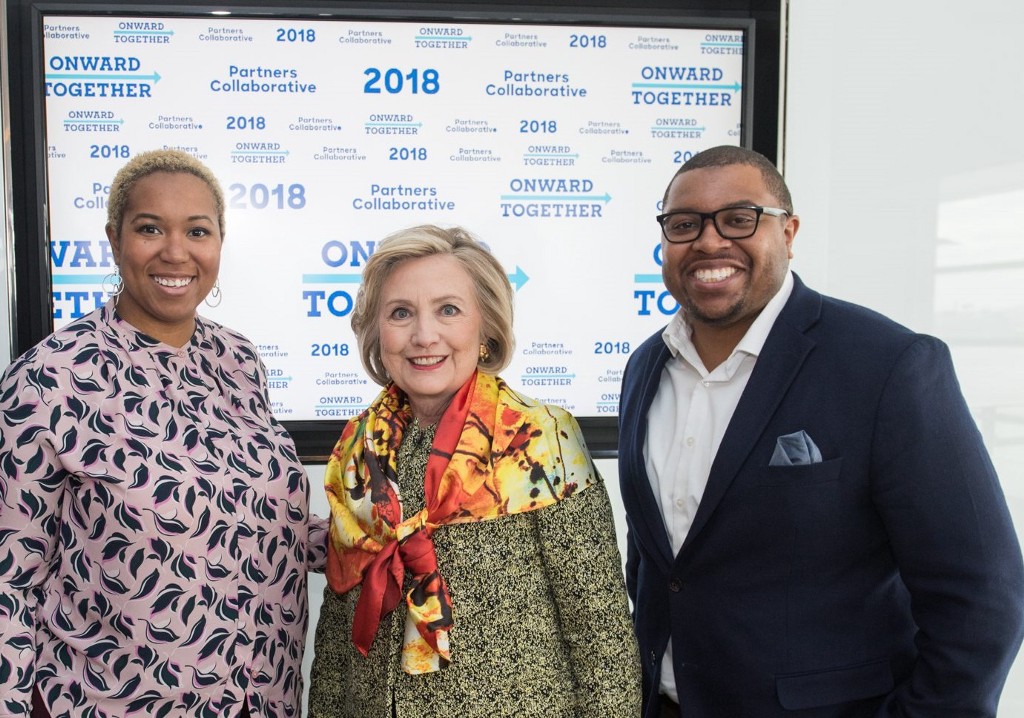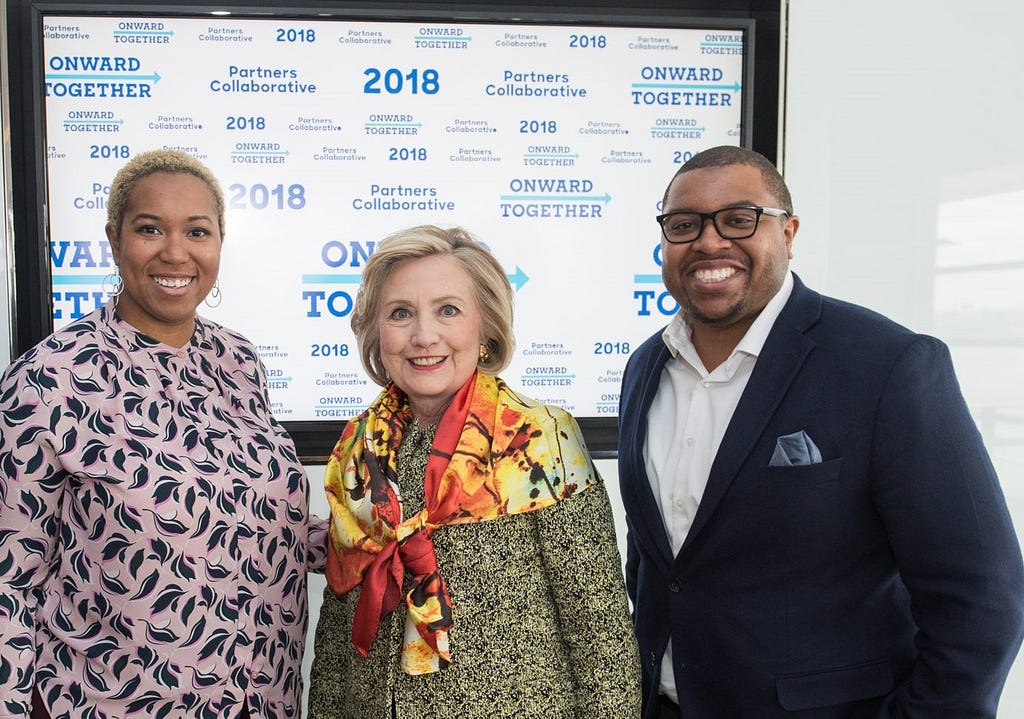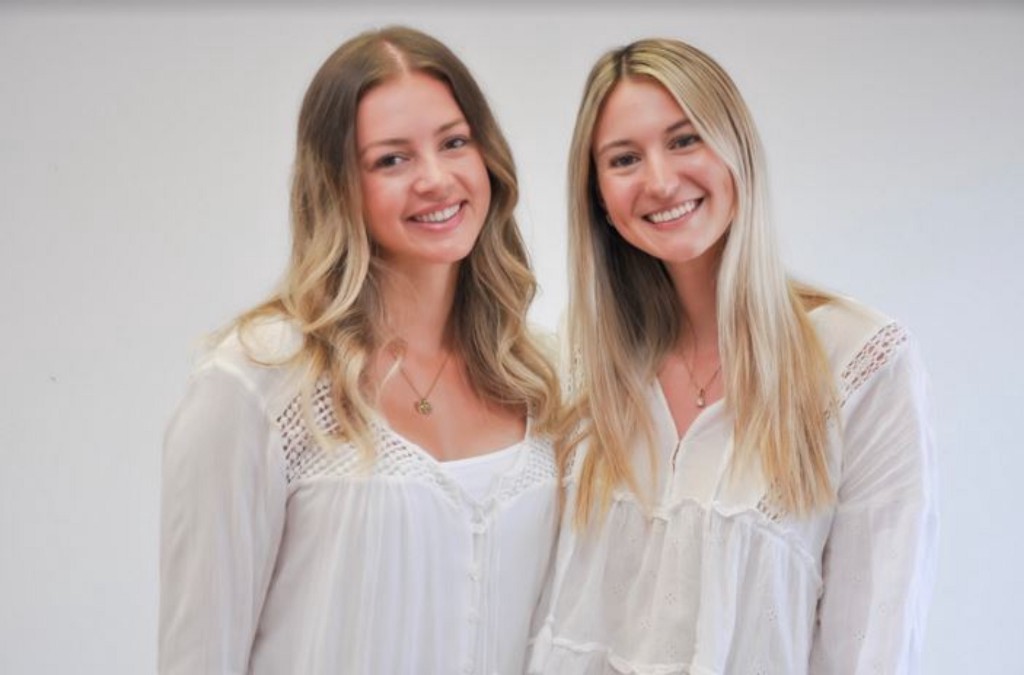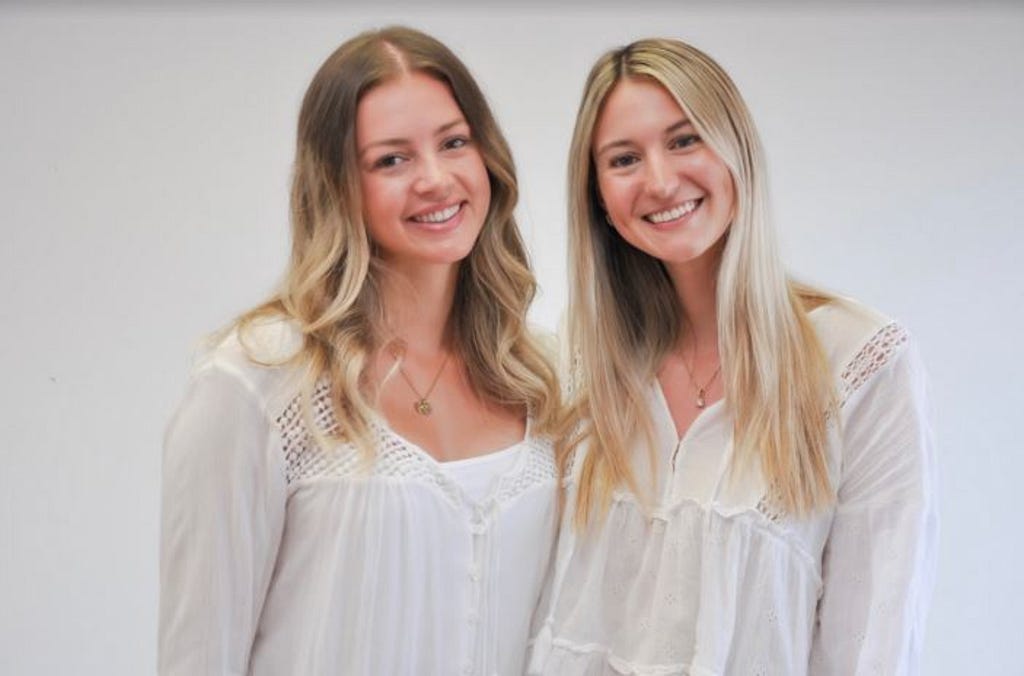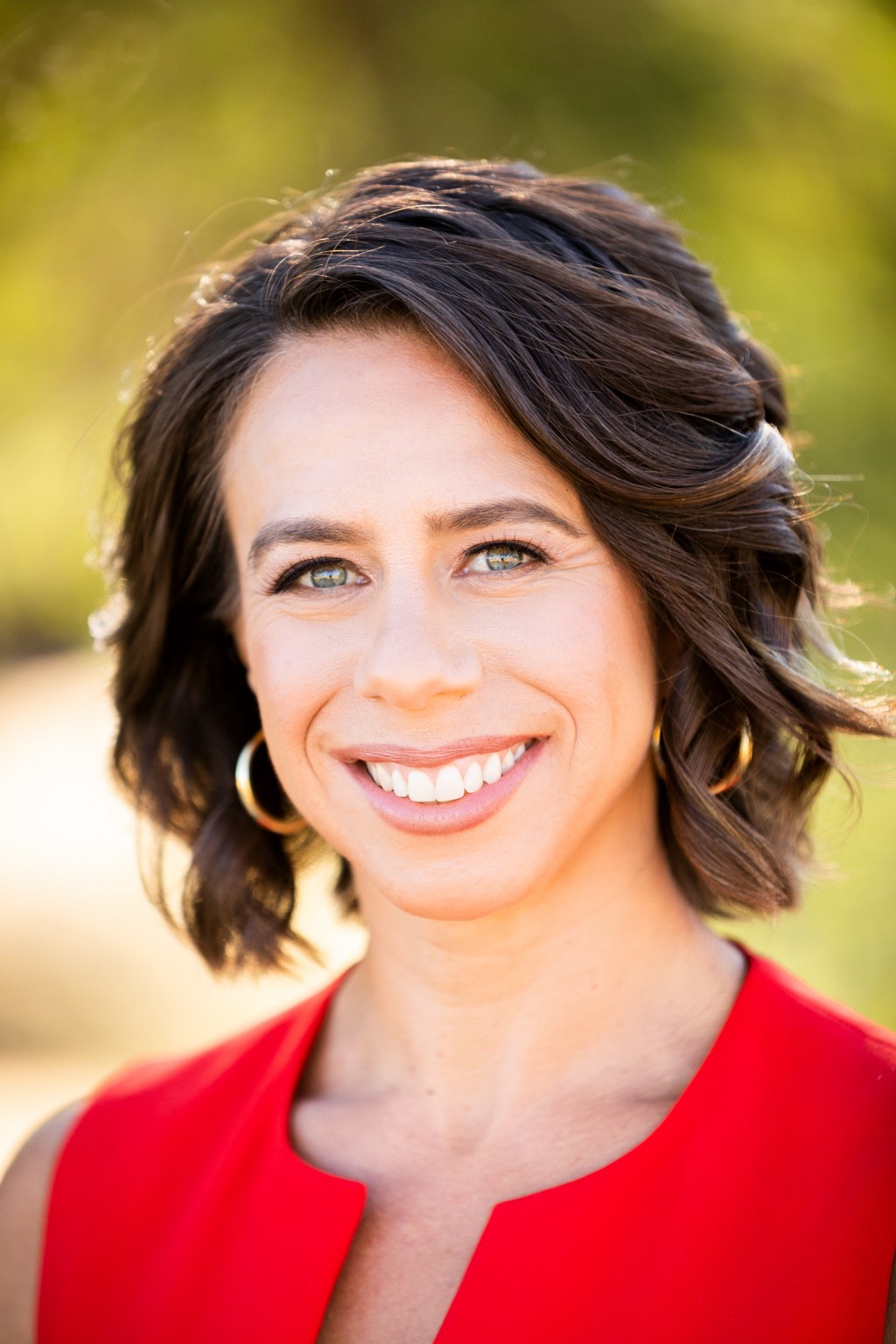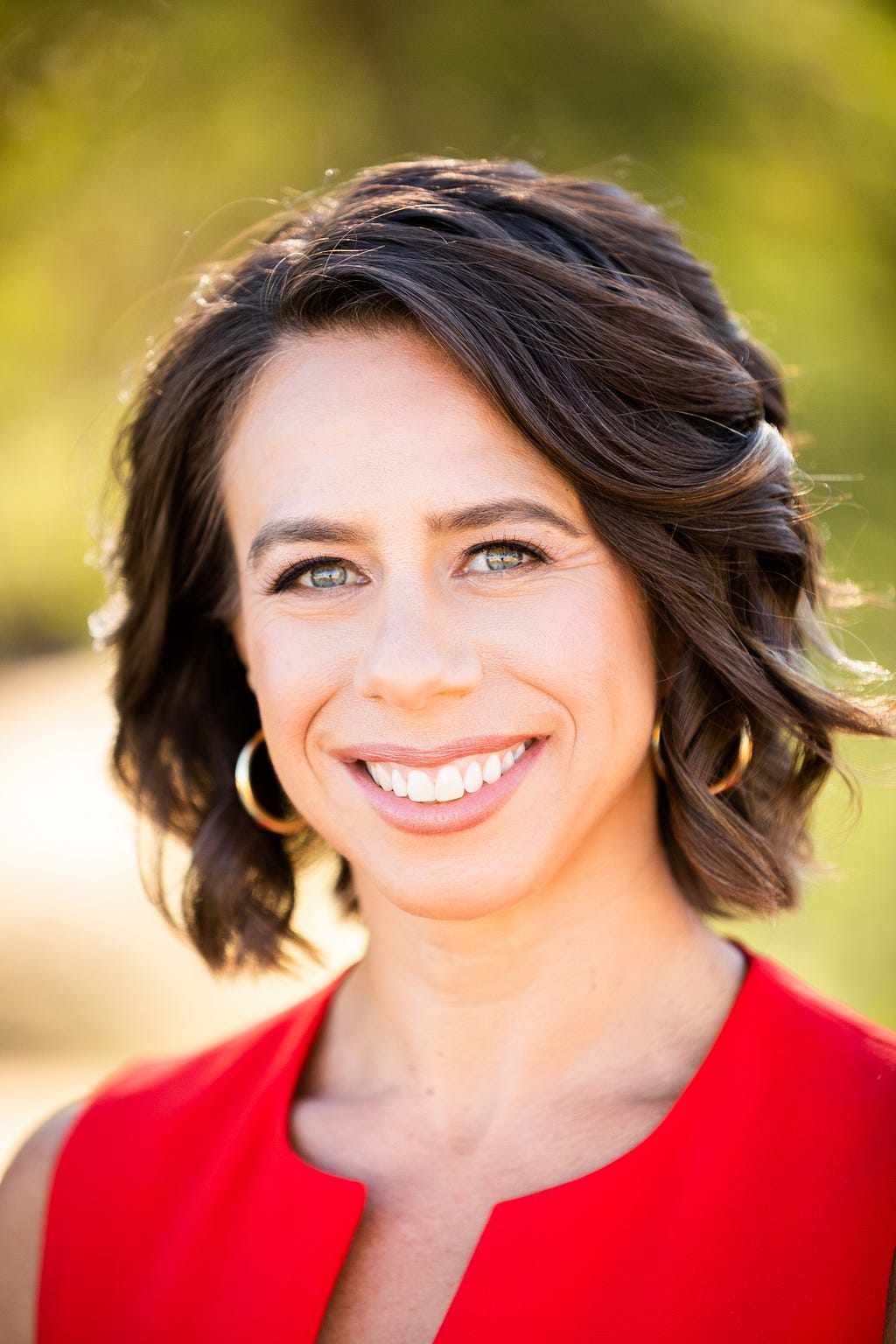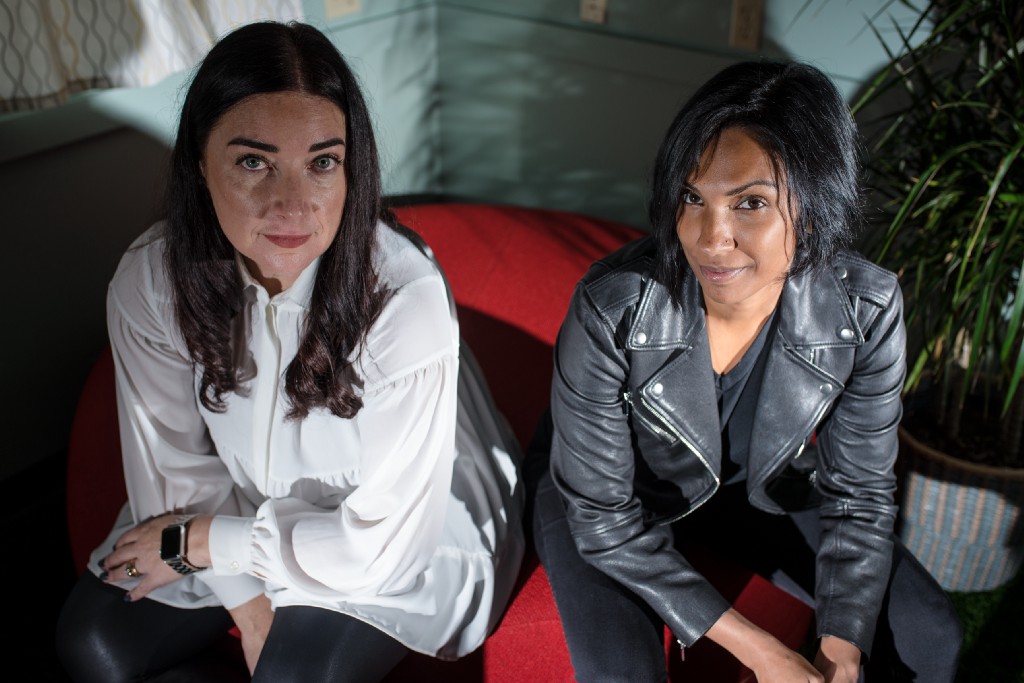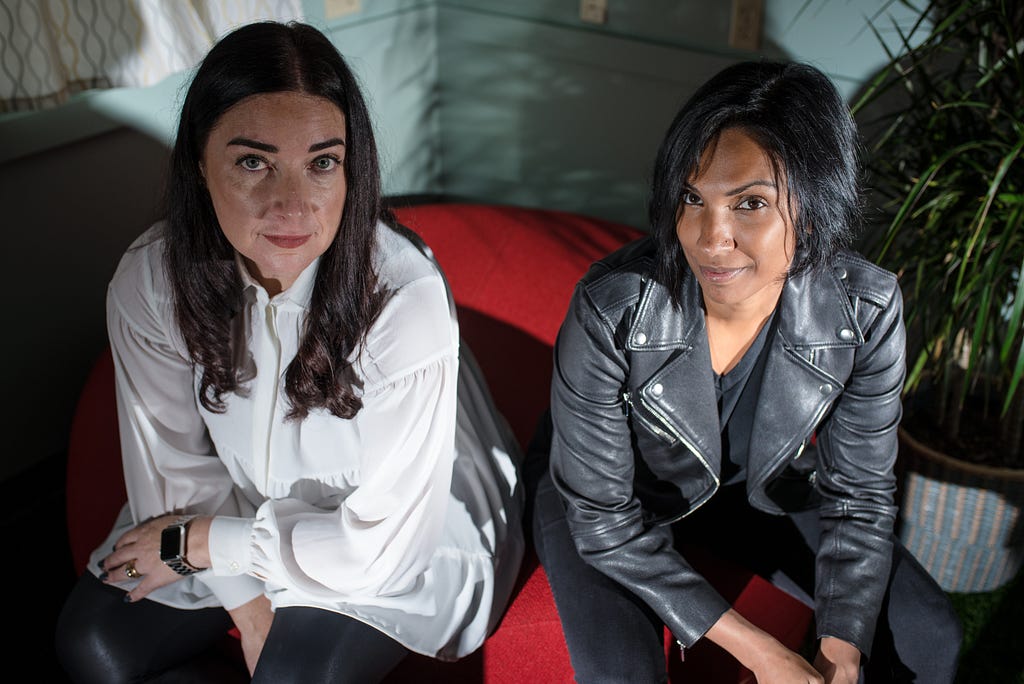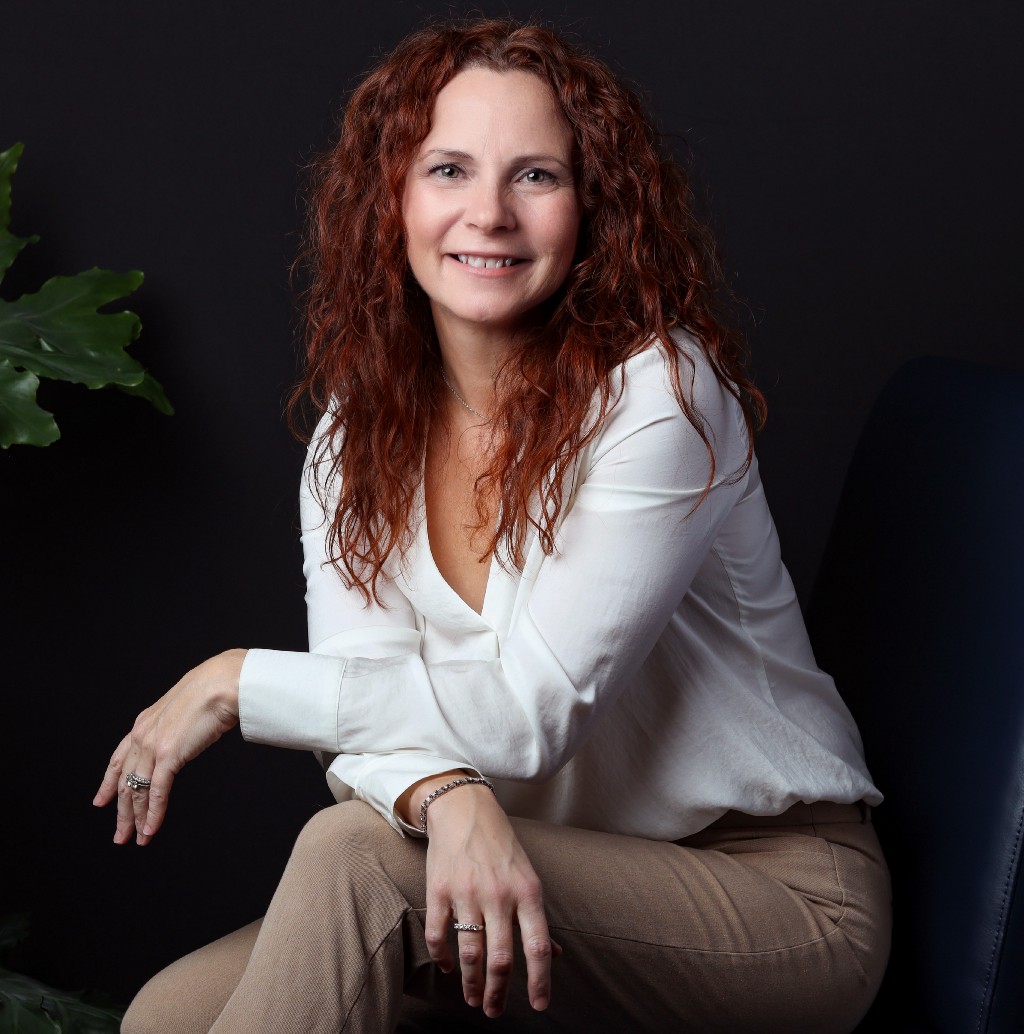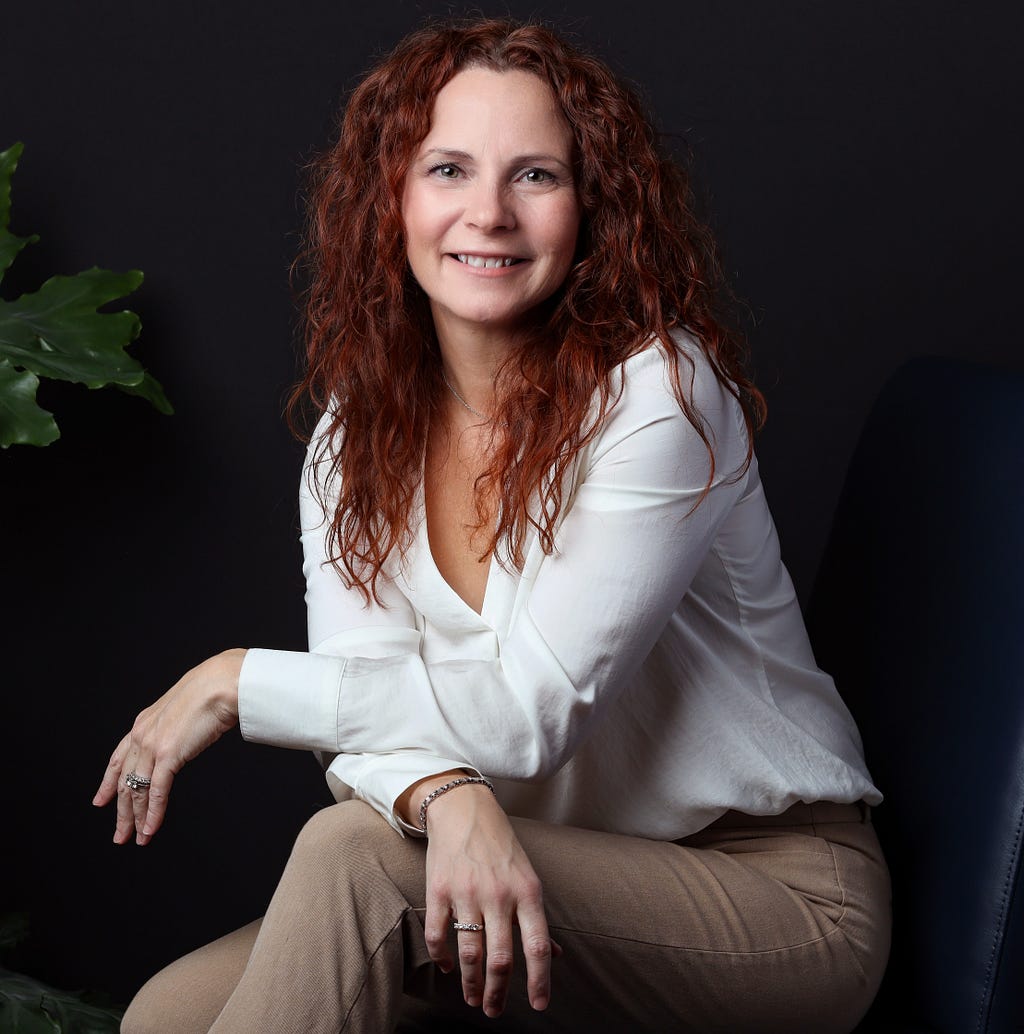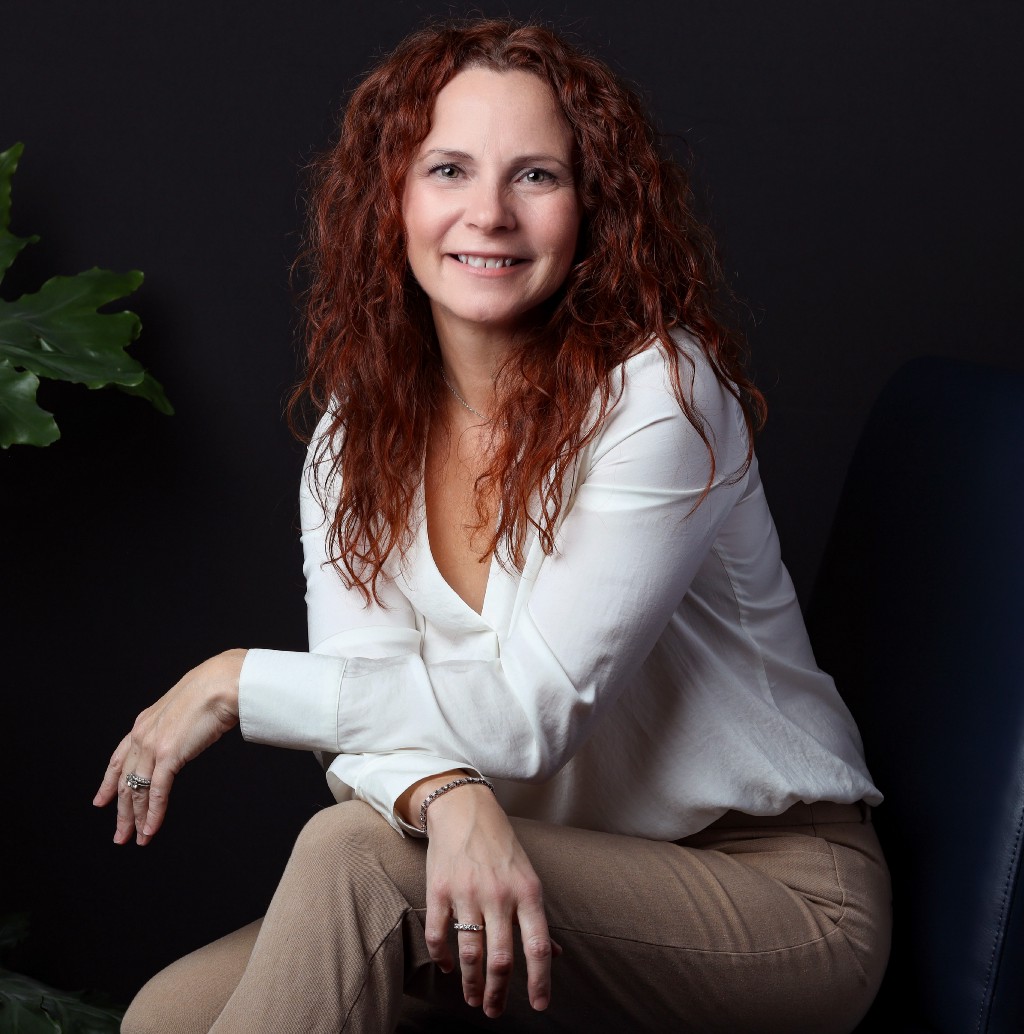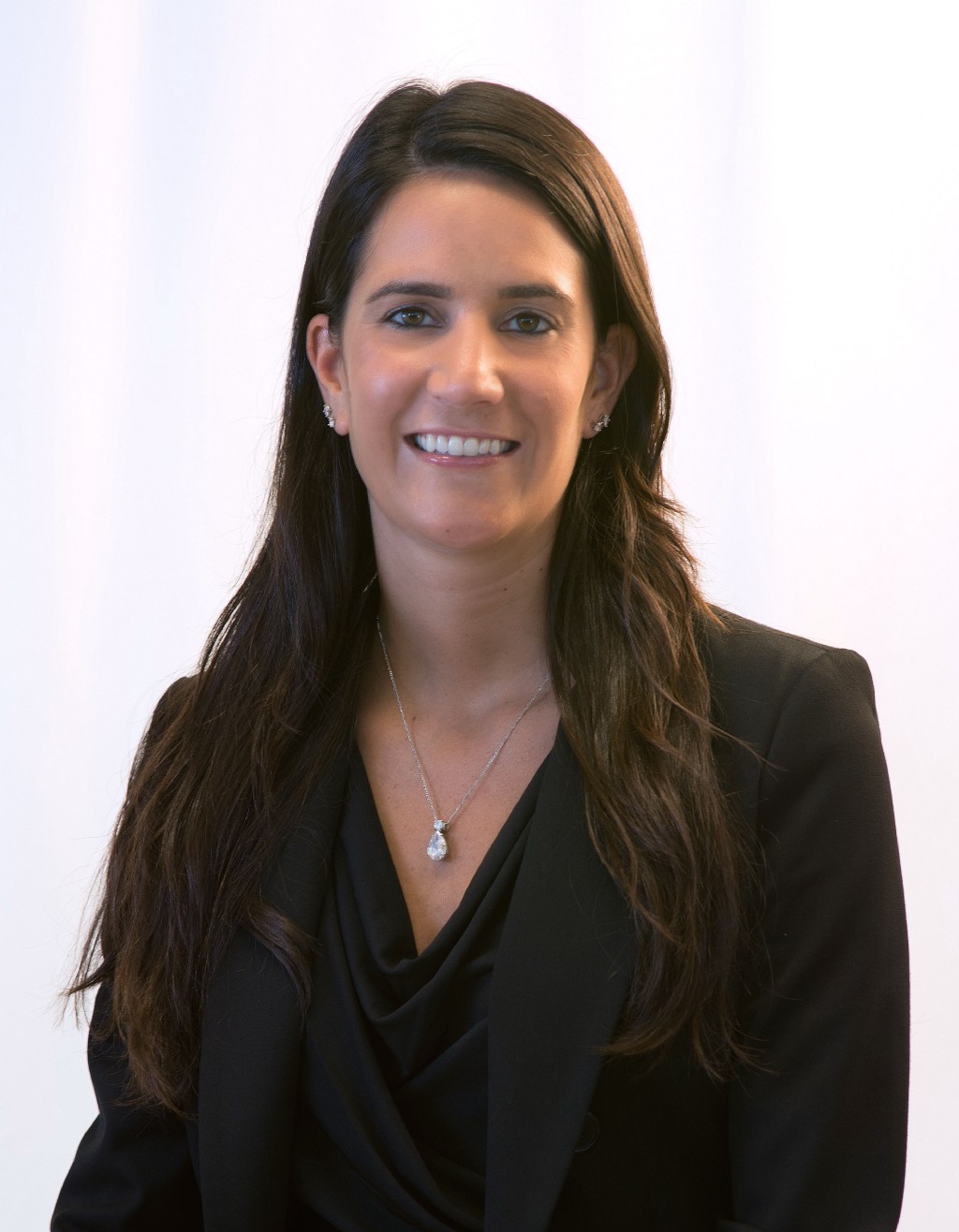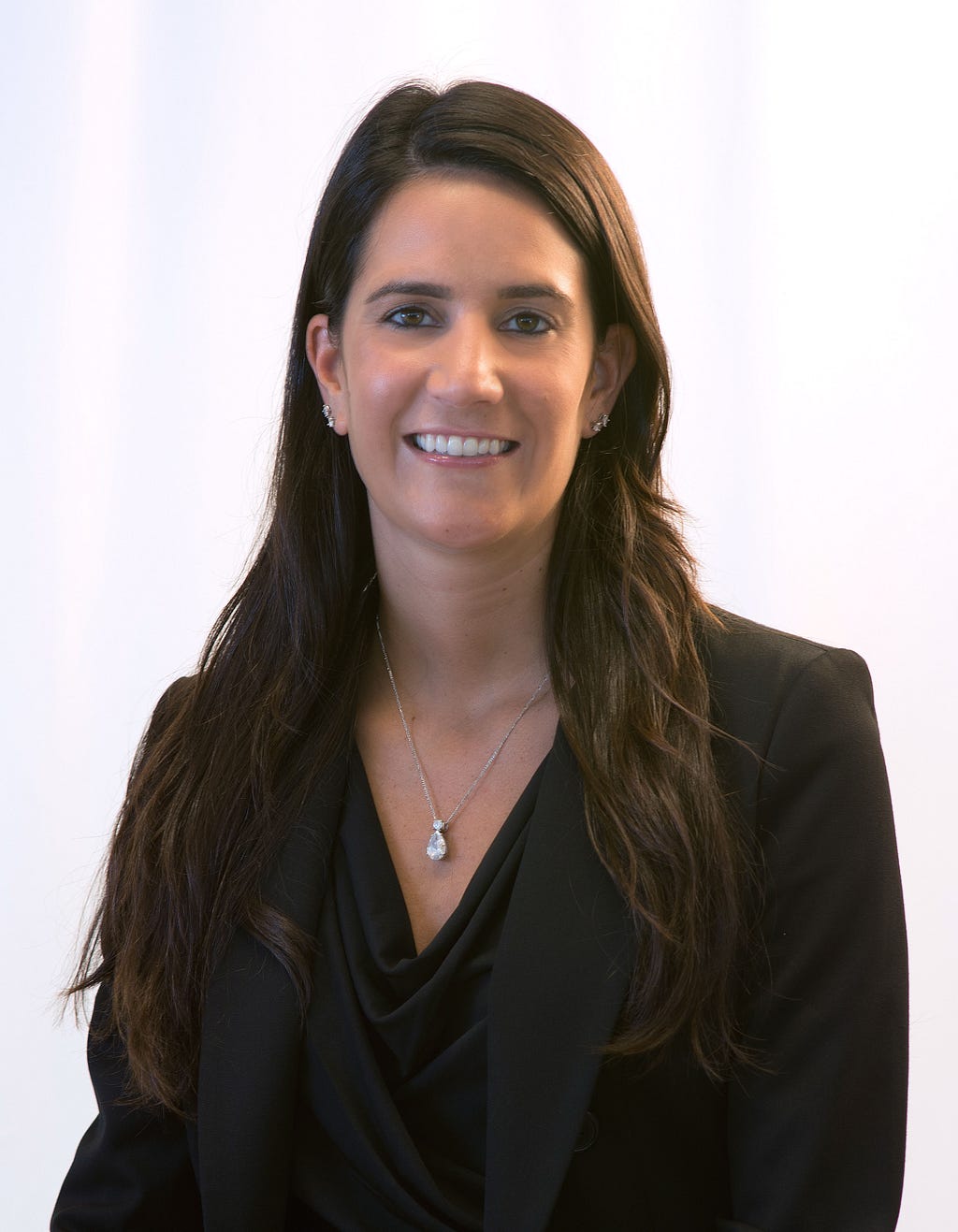Women Leading The Cannabis Industry: ‘You Don’t Need To Consume Cannabis To Be Successful In The Industry’ With Dr Amanda Reiman of Personal Plants
An Interview With Candice Georgiadis
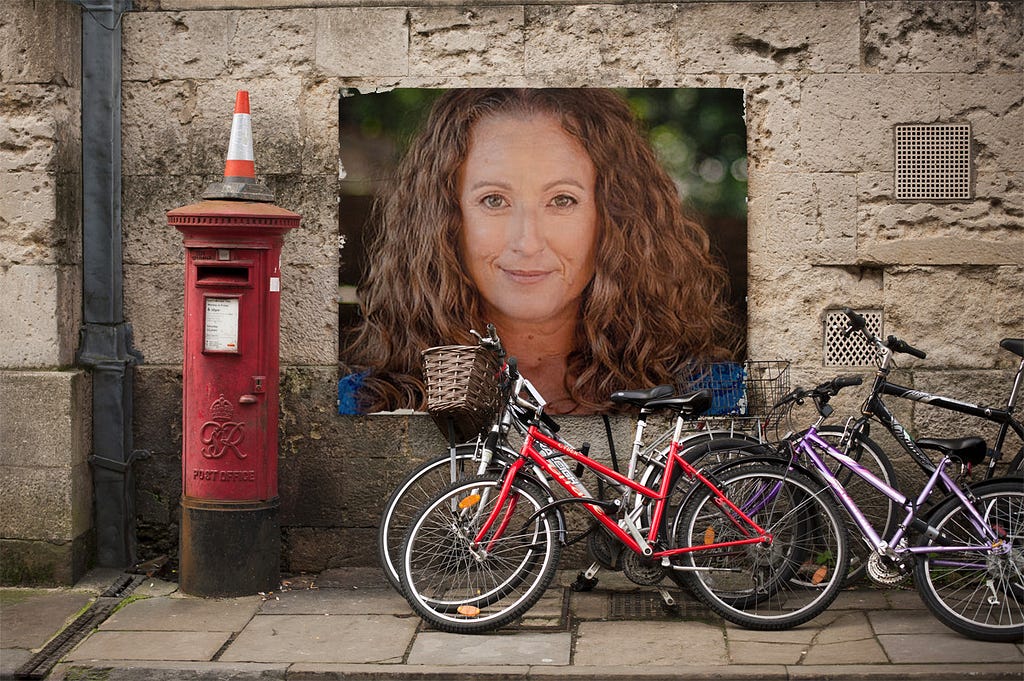
You don’t need to consume cannabis to be successful in the industry. There was a time when it was assumed that everyone in the industry was a consumer, and they mostly were. And even though many old timers may claim this is still true, the reality is that now it’s more about your occupational knowledge than your cannabis knowledge (with certain jobs excluded, like breeders and formulators). Folks with agriculture training can work on cannabis farms; those with customer service training can work retail; and even chefs have a place and can create infused meals. Their backgrounds outside of cannabis are what make them valuable — not their ability to roll a joint or blindly tell you what cultivar you are consuming.
As a part of my series about strong women leaders in the cannabis industry, I had the pleasure of interviewing Dr. Amanda Reiman.
Dubbed “The Brain” by Elle.com, Dr. Amanda Reiman is the Founder of Personal Plants, a multimedia platform designed to support the home cultivation and processing of therapeutic plants. After receiving her Ph.D. from U.C. Berkeley, Dr. Reiman was the Director of Research and Patient Services at Berkeley Patients Group, one of the oldest dispensaries in the United States, and the Manager of Marijuana Law and Policy for the Drug Policy Alliance. She taught courses on substance abuse treatment and drug policy at UC Berkeley for over 10 years. An internationally recognized cannabis expert and public health researcher, Dr. Reiman was the first Chairwoman of the Berkeley Medical Cannabis Commission and also sat on the Oakland Cannabis Regulatory Commission. She currently sits on the Board of Cannabis Doing Good, Cannabis Travel Association International, and Lavender Lotus, a nonprofit focused on bringing alternative medicine to underserved communities.
Thank you so much for doing this with us! Can you tell us the “backstory” about what brought you to the cannabis industry?
When I discovered that cannabis was an effective treatment for my arthritis, it was the late ’90s and I was living in Chicago, where cannabis was still very much prohibited. I moved to Oakland, CA, in 2002 to start the Ph.D. program at Berkeley and was astounded by the medical cannabis movement building there. I decided to study medical cannabis dispensaries for my doctoral dissertation because I was intrigued by the community health care role that dispensaries had adopted. That study was the very first to explore the use of medical cannabis from a patient and community health perspective.
After earning my doctorate, I immersed myself in studying the relationship between people and plants, specifically, how these relationships empowered people to adopt healthier lifestyles in other areas of their life. At Berkeley Patients Group, I examined the use of cannabis as a substitute for alcohol and other drugs. I worked on cannabis policy reform as the manager of the Marijuana Law and Policy for the national nonprofit Drug Policy Alliance. During this time I was also teaching courses on substance abuse treatment and drug policy at U.C. Berkeley, which helped me better understand how people learn and adapt to new information, especially around a controversial topic. My roles as the first chairwoman of the Berkeley Medical Cannabis Commission and a member of the Oakland Cannabis Regulatory Commission taught me a lot about how cannabis was being integrated into society on the local level.
Even before I started working in the cannabis space in 2002, I have felt that my role has been to take controversial and complicated topics and make them accessible and relatable. I am a disarmer, an educator, and someone who has always been able to translate science and highly propagandized issues to the average person. All of the roles I’ve had over my career have involved that skill. My first job out of high school was as an HIV educator for high schools, bringing accurate and frank discussions about safe sex to young people in the mid-’90s when the taboo around the topic was still abundant.
Whether teaching students, developing policy at the local and state level, or conducting social science research and writing about it in popular media — my ability to take difficult material and make it accessible has been a key strength. Dating back before I entered the cannabis space officially, I cultivated my own cannabis and made my own cannabis products for personal use. I want to apply my translational and disarming talents to the home cultivation and processing of medicinal plants. The current marketplace and learning landscape in this area is fragmented and inaccessible, especially for women. I want to change that. That is why I started Personal Plants.
Can you share the most interesting story that happened to you since you began leading your company? Can you tell us what lesson you learned from that?
After working mostly for nonprofits and in academia for decades, I decided to start my own brand, Personal Plants, at the age of 44, during a pandemic, in a rural community of 16,000 people. I have no business experience and limited experience working in the private sector. The most interesting thing that has happened so far was the experience that led me to start this company. In February of 2020, blissfully unaware of the world-changing pandemic that was about to take place, I attended a 10-day silent meditation retreat in Maui.
This was not my usual vacation. In fact, only three months prior, I meditated for the very first time as part of a 21-day challenge. Halfway into the challenge, a dear friend of mine who had been leading these retreats contacted me and asked if I wanted to attend one in February, all expenses paid — I just had to fly myself there. I immediately said yes, which was slightly out of character for a Type A planner such as myself who wants to know every detail before committing. But something inside me felt I should go, so I went. It was 10 days of sleeping in a tent, waking up at 5am, meditating for four hours a day, and not talking at all. It was in that stillness that I was able to understand my true mission. I finally connected to the unique gift that I have in a way that propelled me to action. It’s interesting how we allow our minds to blindly lead us based on past experiences and present stimulation. In stillness, our bodies and spirits become as powerful as our minds in dictating our energy. This joining of self led to an epiphany of purpose. The idea for Personal Plants emerged on that retreat. A few weeks after returning home, our world changed forever and I knew it was time to put my plan into action.
Can you share a story about the funniest mistake you made when you were first starting? Can you tell us what lesson you learned from that?
At the heart of Personal Plants is my experience as a home grower during prohibition times and before the internet. I tried to grow cannabis at home for the first time in 1998. I was living in Chicago and of course, cannabis was illegal and getting it was difficult and risky. I was just starting to use cannabis medicinally for the arthritis in my feet and for IBS symptoms. It was tough to get a reliable source and, back in the olden days of no cell phones, it was a huge burden to get cannabis. I really wanted to grow my own so that I could provide for myself and not rely on the unregulated market for my medicine. I used to get High Times magazine and I would read all of the columns on how to grow. I bought books by Ed Rosenthal and others, but even then, the content was heavily driven by men and always focused on how to grow a large amount of cannabis. One thing was certain: everyone was growing it indoors. But I didn’t have the money to buy a good indoor light, and the indoor grow systems were also very expensive and too big for my tiny Chicago apartment.
Since the internet was just getting started, connecting with this information online was very tough. I read about someone making a grow room out of a refrigerator box, using aluminum foil to enhance the strength of the lights. So I spent a whole weekend gluing tin foil to the inside of a refrigerator box. I cut little holes for fans and rigged up my cheap fluorescent lights from Ace Hardware. I was so proud of my grow room! But, over and over again, I would get the seed to sprout and grow an inch or two, and then it would die. I just couldn’t get enough light to make it thrive.
Then my cannabis seller gifted me an adolescent female plant. I was so excited! It was summer so I put it in the window of my apartment until it started to flower. I asked for a 1000-watt High Pressure Sodium light for my birthday and hung it in my tiny closet with metal chains and put the plant in there with a 12 hour-on/12 hour-off cycle. That cannabis bud was the most beautiful thing I had ever seen. I was so proud of it! Of course, as I learned that year, growing it is only half the battle. Unfortunately, I had no idea about drying and curing. Ultimately, my beautiful buds turned to orange-haired dust . . . but it was still some of the best cannabis I had ever smoked because I grew it myself.
Do you have a funny story about how someone you knew reacted when they first heard you were getting into the cannabis industry?
I consider myself very fortunate because my family, friends, faculty advisers, and others have always supported my cannabis work. And, because I was part of the industry before there even was an industry, very few people know me without knowing of my work in cannabis. However, I did grow up mostly in a small suburban town just north of Indianapolis, Indiana. I went to college in Chicago at the University of Illinois, Chicago, both for undergraduate and master’s work. In about 2009, when I was working for Berkeley Patient’s Group, the University of Illinois Alumni Magazine contacted me to say they wanted to do a profile on me. They sent a photojournalist and we did a shoot. Months went by and I never heard when the story would be published. I finally reached out to them and they responded that they had decided to pull the article because it was too controversial. Funny enough, 10 years later, in 2019, the U.C. Berkeley Alumni Magazine wanted to do an article about me. They sent a photojournalist and it was the SAME guy who had taken my pictures and written my article for the Illinois magazine a decade prior.
None of us are able to achieve success without some help along the way. Is there a particular person who you are grateful towards who helped get you to where you are? Can you share a story?
The women I have met in academia have been trailblazers in their own right and fabulous mentors to me. Dr. Lorraine Midanik was my adviser and dissertation chair at U.C. Berkeley. My dissertation on cannabis was a first, and the school had to bring in an outside consultant to advise the ethics review board. Dr. Midanik could have counseled me to pick a less controversial topic, but she didn’t. She saw the opportunity I had to lead a field as it grew and matured and she wanted me to take that opportunity.
Dr. Eileen Gambrill invented the concept of evidence-based practice in social service. She wrote a seminal textbook that is used across the globe and attending a conference with her was like going to the Oscars with Jack Nicholson. She was the one who taught me how to detect propaganda. Her skills as a researcher were incredible and learning how to design and carry out research under her was a privilege that shaped how I approach cannabis more than any other person.
Finally, Dr. Lee Kaskutas, who was the Senior Researcher at the Alcohol Research Group where I completed pre- and post-doctoral fellowships (since there was no Cannabis Research Group, I brought my work here). My fellowships were government-funded and my dissertation research was on how medical cannabis dispensaries were operating as health service providers. I presented my research at an event in San Diego. A local paper wrote about it with the headline “Cannabis good for communities, researcher says”. Did I say that? Probably some version of it; after all, my research did show that, when properly regulated, medical cannabis dispensaries offered public health and safety benefits to communities. The federal government which funded the research did not like that take and called the Alcohol Research Group. Dr. Kaskutas defended me and my work. She then told me that I was going to have to eventually choose between studying what the government wants to know about cannabis in order to keep getting funded by them, or go out and carve my own path. I am grateful everyday that I chose the latter.
Are you working on any new or exciting projects now? How do you think that will help people?
I am thrilled to be bringing my professional experience as a teacher and researcher, as well as my personal experience as a cannabis patient, to this new project. I founded Personal Plants because I want to do for cannabis, mushrooms, and other therapeutic plants what the Food Network did for home-cooked meals and what HGTV did for home renovations: Give the average person the tools, knowledge, and confidence that they need to grow and prepare their own medicines at home. There was a time in the not-too-distant past when the idea of cooking a meal from scratch or renovating a room in your house felt out of reach for those with no prior training. Channels like the Food Network and HGTV demystified these processes through practical content with engaging experts. As more people gain access to therapeutic plants, and as more people look for alternatives to pharmaceuticals, Personal Plants is here to guide them on their journey from seed to self-reliance!
Ok. Thank you for all that. Let’s now jump to the main core of our interview. Despite great progress that has been made we still have a lot more work to do to achieve gender parity in this industry. According to this report in Entrepreneur, less than 25 percent of cannabis businesses are run by women. In your opinion or experience, what 3 things can be done by a)individuals b)companies and/or c) society to support greater gender parity moving forward?
This is a great question and one that I think about a lot. There were so many women leading the cannabis movement in the early days, but as it shifted into an industry, it started to look as male-dominated as every other industry in America. What can we do about it? Well, as individuals, we have to call it out. We have to ask about the gender diversity in the company leadership of our favorite brands and then become conscious consumers. Seek out women-owned brands, businesses, and platforms and give them our business. As companies, we need to actively recruit women for leadership roles.
At Personal Plants, we have an all-female team. While that was not a requirement, it was a goal, and it has been a wonderful way to build the foundation of a platform like ours, focused on education and healing. As businesses, we should also seek out women-owned companies for marketing, branding, tech and other ancillary services. As I mentioned, this issue is not unique to cannabis. Finally, on the societal level, we have to recognize that the problem goes deeper than the percentage of women in leadership positions. We can hire more women, but that will not undo the patriarchy. We need to ask ourselves: Why were there so many women leaders when this was a movement, and what is it about the shift to industry that creates a slow takeover by men?
You are a “Cannabis Insider”. If you had to advise someone about 5 non intuitive things one should know to succeed in the cannabis industry, what would you say? Can you please give a story or an example for each.
I get this question a lot from people who hope to get into the industry. Interestingly, I think my answers have changed over the years as the industry has matured.
- You don’t need to consume cannabis to be successful in the industry. There was a time when it was assumed that everyone in the industry was a consumer, and they mostly were. And even though many old timers may claim this is still true, the reality is that now it’s more about your occupational knowledge than your cannabis knowledge (with certain jobs excluded, like breeders and formulators). Folks with agriculture training can work on cannabis farms; those with customer service training can work retail; and even chefs have a place and can create infused meals. Their backgrounds outside of cannabis are what make them valuable — not their ability to roll a joint or blindly tell you what cultivar you are consuming.
- Nobody is making any money. There is an assumption that those who own cannabis companies are making money hand over fist. While there are some mega-companies that operate across states and sometimes across countries, for the most part, cannabis companies are not profitable. The high cost of compliance and licensing paired with high taxes makes merely breaking even a goal for many businesses. In the coming years we are likely to see mass consolidation leading up to federal legalization.
- The consumer knows nothing. Do you remember being 21? Remember the types of alcohol you drank at that stage in your life? Jagermeister, disgusting high proof, cheap liquor? We drank with economics and variety in mind. Fast forward 20 years, and I occasionally sip a nice bourbon or enjoy a fine wine. Twenty-one-year-old Amanda would call me a square and 45-year-old Amanda is disgusted by the thought of Jagermeister. The current cannabis consumer is, for the most part, a 21-year-old drinker — but for cannabis. They are taken by variety and economics, seeking out the strongest product for the cheapest price. They will mature, and the market will stabilize, but right now, quality and price do not correlate, while quality and potency are being correlated incorrectly.
- Stigma still exists, even after legalization. Cannabis is legal so we are done with stigma, right? Wrong! Just because it is legal does NOT mean that everyone accepts that. Issues with getting a mortgage, personal bank accounts, retirement accounts, access to credit, and more all exist for people who work in this legal industry. Just because you have a right to these services does not mean you are guaranteed them. There is always extra work for those in this industry in doing many basic adulting activities.
- Nobody knows what is going to happen or when, even if they say they do. People in the cannabis industry are fond of pontificating about what will happen next. Many claim to have inside information. They do not. Some say that because they know what is going to happen, you should believe their claims about business. You should not. No one knows when or if federal legalization will happen, not to mention what in the world it will look like when it does. No one has that intel, so take comfort in the fact that you know as much as anyone else.
Can you share 3 things that most excite you about the cannabis industry?
- Homegrow. Of course I am going to start with this one. Although not really considered part of the “industry” because it’s more of a picks-and-shovels endeavor, homegrow is a crucial social justice aspect of any cannabis legalization regime. The high cost of cannabis in the dispensary along with the existence of “cannabis deserts” in states like California means that access for patients may only be viable via home cultivation. As more people explore this method of access, we will see more ancillary companies created to support them.
- Social consumption. We have bars because we don’t want people walking around drinking in the streets. We want them in one location, with staff to keep an eye on them, give them alternatives to alcohol, and call them a cab — or an ambulance. It’s about harm reduction. Social consumption for cannabis is no different. Having locations for people to consume safely and in groups is crucial to public health and safety.
- Cannabis appellations. Related to the issue of the mismatch between quality and price, the development of cannabis appellations will help raise up the craft quality product in a similar way to wine and other regionally produced delicacies. It will also help raise the profile of sungrown cannabis. During prohibition, much cannabis production was driven indoors. This practice continues, as does the belief that cannabis grown indoors is superior. (It is not.) Appellations will introduce the concept of cannabis terroir to the consumer along with the stories of the small farmers who have been honing their craft for decades.
Can you share 3 things that most concern you about the industry? If you had the ability to implement 3 ways to reform or improve the industry, what would you suggest?
- Mission-washing. This is what I call it when a company leads with an altruistic mission to appeal to consumers but then doesn’t back it up in practice. I am seeing this more and more as the industry works to address the harms the War on Drugs has caused. It has become fashionable to give lip service to the racial inequality that exists in enforcement, but what are these companies doing to address the problem? The development of certifications like Cannabis Doing Good and Sun + Earth are a good start to addressing this, but it is also up to the consumer to research the brands they purchase from.
- Consolidation. As I mentioned before, I see a huge consolidation happening leading up to federal legalization. At this rate, we are heading towards a Google/Amazon/Facebook kind of cannabis landscape dominated by large companies. We need to lift the burden for small operators. We need to make it so easy for them to get legal and begin operations that they are able to focus on competing on branding and marketing with a superior product. Because of the federal law, cannabis businesses cannot access small business loans. In the city where I live, our local economic development center can’t offer free business coaching to cannabis businesses, because they are federally funded.
- The cigarette-ification of the industry. This is a real concern. There was a time when people grew their own tobacco. Then cigarette companies came along and told folks they were going to make their lives easier by growing and processing the tobacco for them. People were excited because growing it was kind of a pain and they wanted automation and hey, their doctor even said it was OK! But it wasn’t. Turning tobacco into cigarettes involved the addition of additives and chemicals, many of which made the substance more addictive. And the tobacco industry covered this up for decades. This evolution happening to cannabis is probably what scares me the most. We have to protect home cultivation laws, and we have to tell the TRUTH about the risks associated with cannabis use. They are lower than most other substances, but they still exist. Denying that makes us no better than the cigarette companies.
What are your thoughts about federal legalization of cannabis? If you could speak to your Senator, what would be your most persuasive argument regarding why they should or should not pursue federal legalization?
I absolutely support changing federal law around cannabis. However, I think the best approach is to decriminalize and deschedule at the federal level. Decriminalizing cannabis will remove the criminal penalties around its use and sale at the federal level with some exceptions and will defer to the states around regulation and specific sanctions. It should also include the automatic expungement of criminal records for cannabis and the automatic release of all those in federal prison for cannabis crimes.
The goal of descheduling is to open up options for research and access in jurisdictions where cannabis is legal and regulated. I do not think the federal government should regulate cannabis, I think that should be left up to the states (save for a uniform legal age as with alcohol). The federal government should address how cannabis moves between legal states and how it moves in and out of the country, but that’s it. They should not impose a federal tax or create a federal licensing system. The systems that have been created in various states are not always compatible with each other and forcing them all into a singular federal program will undermine and undo decades of work by the states.
There is a difference between legalization/decriminalization and regulation, even though they are often conflated. Changing the legal status of cannabis impacts who gets arrested, for what, and what happens to them as a result. As we know, people of color are far more likely to be arrested for cannabis and receive longer sentences. We also know that the collateral consequences of a drug felony in this country are far reaching and impact every aspect of a person’s life, from housing to employment to parenthood. On the other hand, regulation involves deciding how commercial activity and personal activity will occur in a given geographic region. Regulation creates a tax structure, a licensing system, and a punishment protocol for not following the system. The big equity issue in regulation has been around who gets a license and what they have to do in order to get one. Unfortunately, we see people of color being disadvantaged in the regulation arena as well. This has spawned equity programs and other efforts at bringing equality to the regulatory space.
Today, cigarettes are legal, but they are heavily regulated, highly taxed, and they are somewhat socially marginalized. Would you like cannabis to have a similar status to cigarettes or different? Can you explain?
I understand the cannabis-cigarette comparison, but I don’t endorse it. Water and vodka are both clear liquids that you drink, but they impact the user very differently in terms of health and effects. Tobacco and cannabis are both plants that you first dry and then light to consume, but that does not mean they are the same. That being said, the commodification of tobacco is the same as the commodification of food — and both resulted in cheap, processed crap that has greatly impacted the health of the human race. So no, I do not want to see cannabis go the way of cigarettes and cheeseburgers. First, we need to protect the right to home grow, I cannot stress that enough. Secondly, we should create regulations around additives in cannabis products and not allow dyes , chemicals, or manufactured smells and tastes. Cannabis should be going the supplement and herbal medicine route, not the Gatorade and In-and-Out route.
Can you please give us your favorite “Life Lesson Quote”? Can you share how that was relevant to you in your life?
I have always loved, “Give a person a fish, they eat for a day, but teach them to fish, they eat for a lifetime.” As a teacher, my goal has always been to teach my students how to think, not what to think. I can thank Dr. Gambrill for that. As a social worker, my profession directs me to empower people to do for themselves. These lessons are the basis for Personal Plants.
You are a person of great influence. If you could inspire a movement that would bring the most amount of good to the greatest amount of people, what would that be? You never know what your idea can trigger. 🙂
I want to see a proliferation and movement growth around community gardens, and not just for food. I want to see medicinal plant gardens, psychedelic plant gardens, and a decentralization of our food and medicine systems. The early medical cannabis groups like WAMM in Santa Cruz knew that the process of growing your own food and medicine was part of the therapy and almost as important as the effect of the plant itself. I envision these gardens in hospice, assisted living facilities and shelters for the houseless. I envision them in mental health facilities and in every neighborhood, whether it be rural, suburban, or urban. The experience of the pandemic strengthened our roots and our station in our communities. Plant medicine access and healing is best enjoyed communally. I think society is ready to return to the garden.
Thank you so much for the time you spent with this. We wish you only continued success!
Women Leading The Cannabis Industry: ‘You Don’t Need To Consume Cannabis To Be Successful In The… was originally published in Authority Magazine on Medium, where people are continuing the conversation by highlighting and responding to this story.

